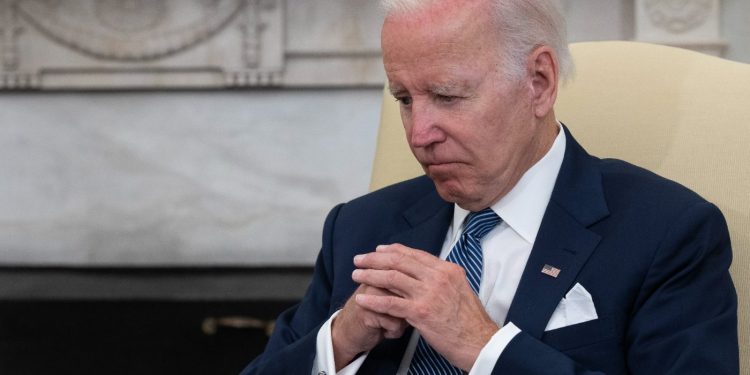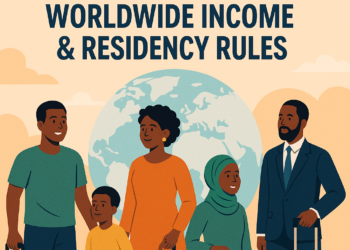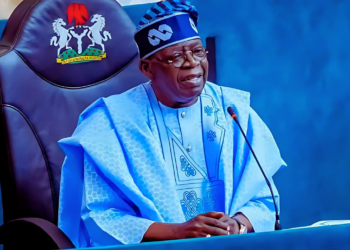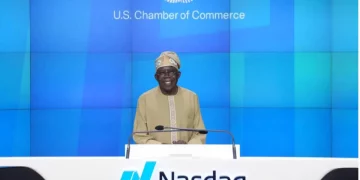US President Joe Biden has unveiled a decision to revoke the eligibility of Uganda, Gabon, Niger, and the Central African Republic (CAR) from the US-Africa trade program known as the African Growth and Opportunity Act (Agoa).
This significant action was taken in response to these countries’ involvement in “gross violations” of human rights or a lack of progress towards democratic governance. Agoa, established in 2000, grants eligible sub-Saharan African nations duty-free access to the US for over 1,800 products.
President Biden cited specific reasons for the exclusion of each country from Agoa. Both Niger and Gabon, currently under military rule following coups earlier this year, were deemed ineligible due to their failure to establish or make consistent progress toward political pluralism and the rule of law.
Meanwhile, the expulsion of the CAR and Uganda from the program was attributed to “gross violations of internationally recognized human rights” by their respective governments.
The decision follows earlier considerations to remove Uganda from Agoa and impose sanctions due to its controversial anti-homosexuality law passed in May. This law has received global condemnation for its severe penalties, including the death penalty, for certain same-sex acts.
Despite extensive engagement between the United States and the four countries in question, they have failed to address US concerns regarding their non-compliance with Agoa eligibility criteria.
The expulsion is set to take effect at the beginning of next year and is expected to impact these countries’ economies, as Agoa has played a role in promoting exports, economic growth, and job creation among participating nations.
While the CAR is expected to be the least affected by the Agoa expulsion, recording only $881,000 in US exports in 2022, the country imported goods worth $23 million from the US during the same year, creating a significant trade deficit.
Uganda exported goods worth $174 million to the US in the same period, while Gabon and Niger recorded US exports of $220 million and $73 million, respectively. The Ugandan President, Yoweri Museveni, has already noted disruptions in textile imports due to the anti-homosexuality law.
Furthermore, the US government has suspended most foreign aid to Gabon, resuming assistance only if a democratic government is established in the country. A similar measure was taken against Niger earlier, with the US “pausing certain foreign assistance programs benefitting the government of Niger.”
This development highlights the US government’s stance against junta-led countries, reflecting a broader commitment to promoting democratic governance and human rights in the region.
For any enquiries please, email our editorial team at [email protected]. If you liked this story, kindly sign up for Clariform Newsletter, a handpicked selection of stories that helps you clarify things that matter and gives you clear signals about your world, delivered directly to your inbox.
Please subscribe to our YouTube channel, and join thousands of Clariform on Facebook, Twitter and Instagram.












